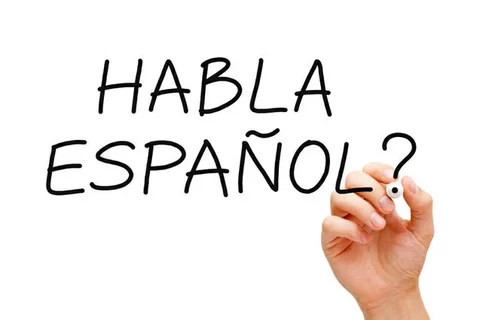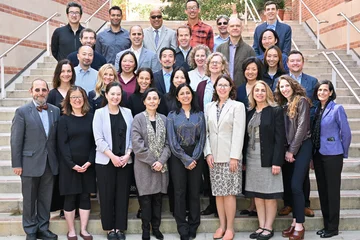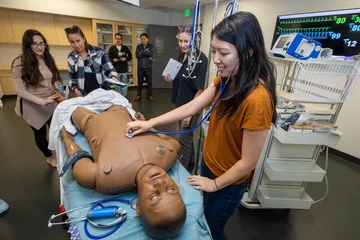A Day in the Life of Dr. Michelle Aguilar, Pediatrician and Medical Spanish Course Instructor
Medical practitioners need to communicate well with patients and their family members. Physicians with good communication skills find it easier to understand questions and properly explain conditions. In today's multicultural world, bilingual medical practitioners can help care for those who don’t speak English.
Michelle Aguilar, MD, is a Los Angeles pediatrician and medical Spanish course instructor who chose to become a doctor after witnessing the need for bilingual physicians.
"I was born and raised in Los Angeles, in a primarily Spanish-speaking household," she explains. "Growing up, I was a child interpreter for my parents."
Using Interpreters
Even physicians who know a second language should consider interpreters to avoid potentially serious misunderstandings due to broken translations.
"It's critical to know your limits and to know what you're comfortable with," Dr. Aguilar explains. "There are the cultural nuances in the colloquial language that people use. Patients won't be speaking in medical terminology, but in their everyday language. As a provider, you may be able to speak the medical language, but understanding your patient might still be a challenge."
Learning Another Language
Dr. Aguilar suggests students at the pre med or lower level consider learning other languages before the rigors of medical school make additional learning more challenging.
"Knowing any other language is so useful, especially if you are the only one speaking it and can communicate with a patient. If you're contemplating a gap year, take that time to focus on a foreign language," Dr. Aguilar advises.
The Universal Language of Caring
Dr. Aguilar says sincere caring can always help overcome language barriers. She realized this after telling a Spanish-speaking mother that she was leaving, and an oncoming resident who spoke Spanish would take care of her. The mother was touched not just because someone spoke her language, but also because the providers were taking time to care.
(Related Article: Why Study Medicine Abroad?)




